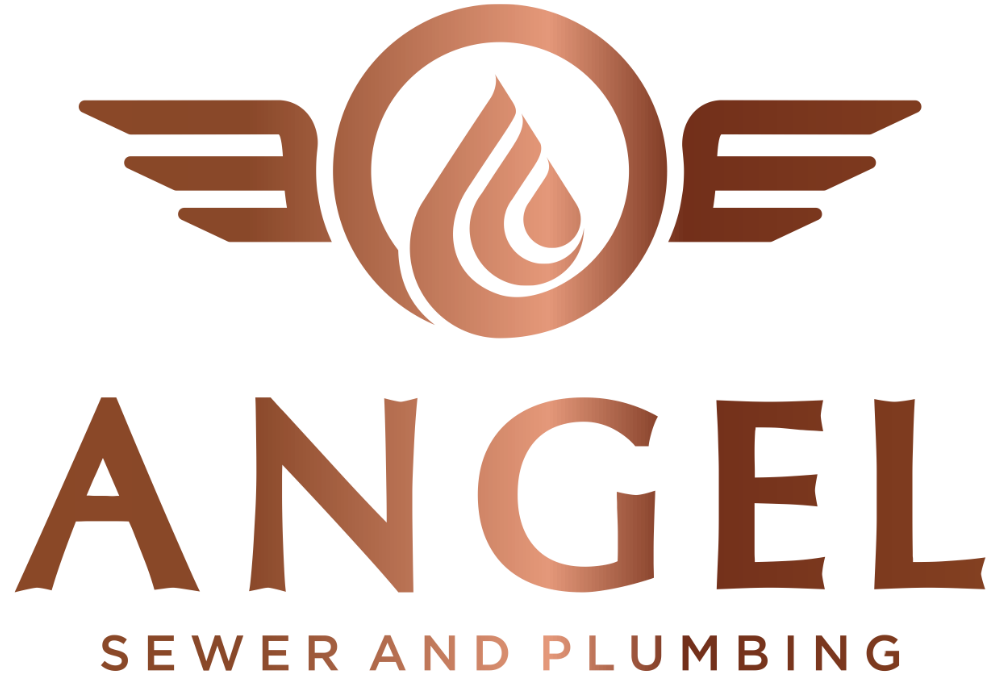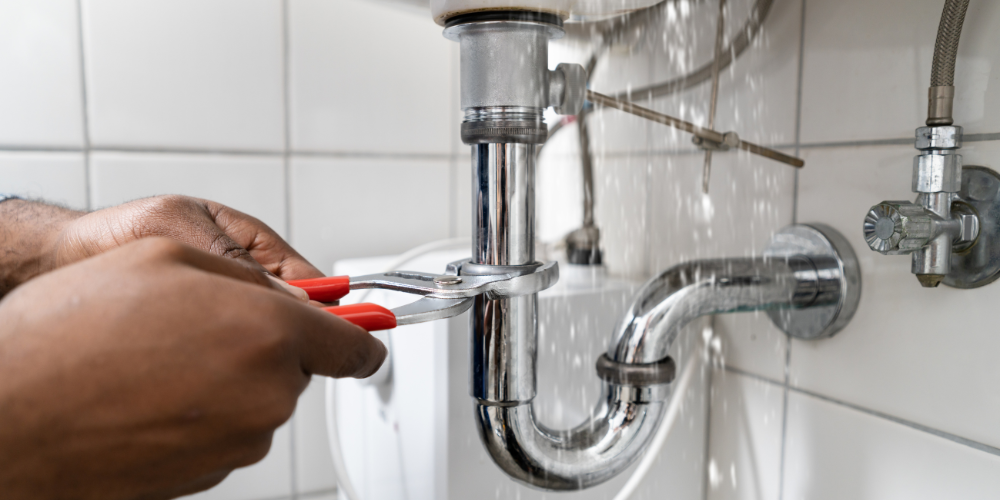Navigating Chicago's Plumbing Codes: What Homeowners Need to Know
For Chicago homeowners, understanding local plumbing codes isn't just about following rules—it's about ensuring your home is safe, functional, and up to legal standards. Unlike many other cities, Chicago maintains its own specific plumbing codes that can differ significantly from national standards. Ignoring these regulations can lead to costly fines, future repair headaches, and even safety risks. Here's a breakdown of what every homeowner should know.
Why Chicago's Plumbing Codes Are Unique
Chicago’s plumbing code is known for being one of the most stringent in the nation. This is due in part to the city's unique history and infrastructure, which includes a mix of historic buildings and modern high-rises. Historically, the city has required specific materials, such as cast-iron pipes, for certain applications to ensure durability and sanitation.
In recent years, the code has been updated to allow for more flexibility and cost-saving measures, such as the expanded use of PVC for drain, waste, and vent piping in residential buildings up to 60 feet tall. However, the core principle remains: all plumbing work must be done by a licensed and bonded Chicago plumber who is an expert in the city's specific requirements.
Common Plumbing Code Violations to Avoid
Many plumbing code violations aren't major overhauls but small, seemingly minor details that can have big consequences. Here are some of the most common issues we see in Chicago homes:
Improper Pipe Sloping: Drain pipes rely on gravity to move water and waste away. The Chicago code dictates a specific pitch, or slope, for these pipes to prevent clogs and backups. A slope that is too shallow won't drain properly, while a slope that is too steep can cause water to run ahead of solid waste, leading to clogs.
Insufficient or Inaccessible Cleanouts: Cleanouts are critical access points for clearing clogs. The code requires a certain number of cleanouts based on the size and layout of the plumbing system. They must also be in accessible locations, not buried behind walls or under cabinets.
Wrong Materials and Fittings: While PVC is now allowed in more situations, using the wrong type of piping or an incorrect fitting for a change in direction is a common violation. DIY fixes often fall into this trap, as a homeowner may not know which materials are up to code for a specific application.
Incorrect Venting: Plumbing vents are essential for regulating air pressure in your drain pipes, preventing sewer gases from entering your home. Improperly sized, located, or non-existent vents are a serious code violation that can lead to health hazards and foul odors.
Improper Toilet Space: The code specifies minimum clearances around a toilet to ensure it is both functional and accessible. This includes the distance from the toilet's centerline to any adjacent wall or fixture.
The Importance of Hiring a Licensed Chicago Plumber
For homeowners, navigating the complexities of the city's plumbing codes can feel overwhelming. This is why hiring a licensed and experienced plumber is so crucial. A professional will:
Understand the Latest Code Requirements: The codes are constantly being updated. A licensed plumber stays current with all changes and ensures your project is compliant from day one.
Ensure Safety: From proper backflow prevention to safe water heater installations, a licensed plumber knows how to prevent cross-contamination and dangerous pressure buildup.
Secure the Right Permits: Most major plumbing work in Chicago requires a permit. Your plumber will know which permits are needed and handle the application process, ensuring your project is legally approved and inspected.
Avoid Costly Violations: Doing the work right the first time saves you from having to pay for a second, more expensive repair to fix a code violation. A plumber's work will pass inspection and stand the test of time.
At Angel Sewer and Plumbing, our team is intimately familiar with Chicago's specific plumbing regulations. We ensure every job, big or small, is completed with the highest standards of safety and code compliance. Don't risk a DIY mistake or a costly violation.

